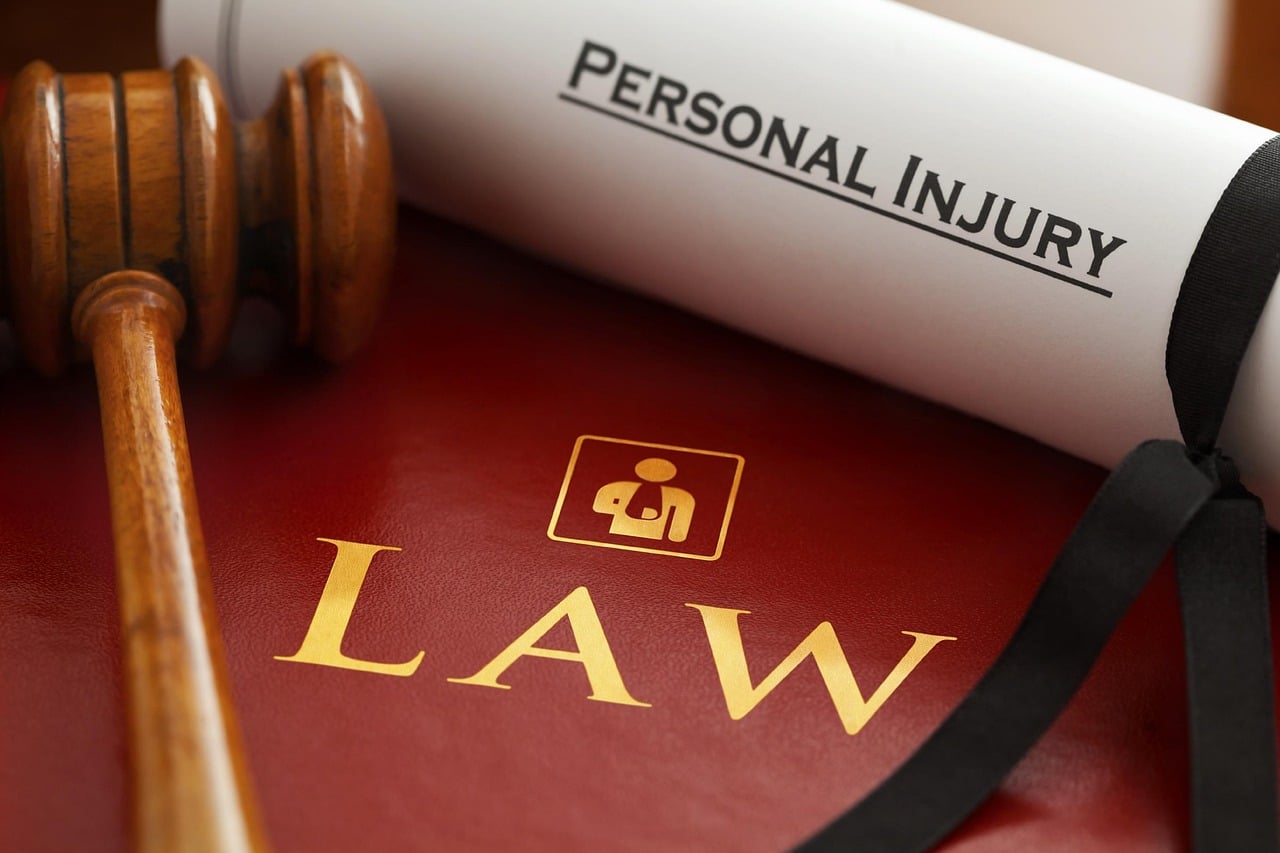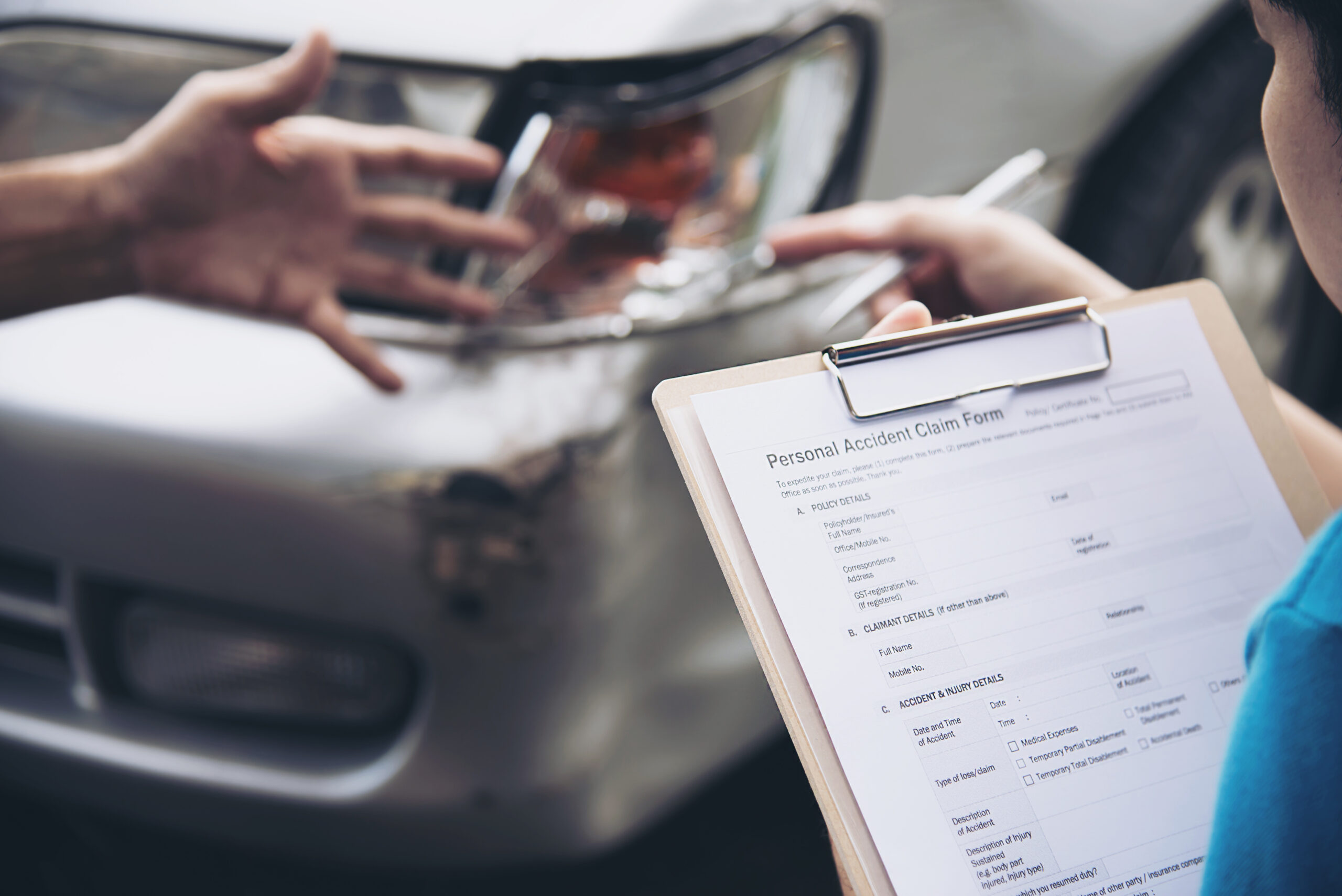Do you know what steps to take to protect your rights after a personal injury?
Getting hurt in an accident can turn your life upside down. Medical bills, lost wages, and pain can all pile up fast. That’s why filing an insurance claim is so important.
This guide will walk you through what you need to know. Let’s make sure you get the compensation you deserve keep reading to learn how to handle your claim like a pro.
Get Medical Help First
Your health should always be your first priority after an accident. Even if you feel fine, it’s important to get checked by a doctor. Some injuries don’t show up right away. A doctor can spot problems you might not notice.
Getting medical help also helps your insurance claim. Your doctor’s records will show that you were hurt. These records are important proof for your claim. Always follow your doctor’s advice and keep track of your treatment.
Report the Accident Quickly
It’s important to report the accident as soon as it happens. If you’re in a car crash, call the police right away. If the accident is at work, tell your boss or supervisor. Reporting quickly helps create an official record of what happened.
Delaying the report can cause problems for your claim. The insurance company may question why you waited. Reporting right away shows that you’re serious about your claim and helps protect your rights. Make sure to follow up with any needed paperwork or statements.
Gather All the Evidence
Gathering evidence is an important part of your insurance claim. Start by taking pictures of the accident scene and your injuries. These photos can help prove what happened and show the extent of the damage. Get the contact information of any witnesses who saw the accident.
Also, keep any damaged property, like a broken phone or car parts. If the police were involved, ask for a copy of the report. All this evidence will support your claim and make it easier to show what happened. The more proof you have, the stronger your case will be.
Keep Records of Everything
Keeping good records is key to a successful insurance claim. Save all documents related to the accident, like medical bills, police reports, and receipts. Write down everything you remember about the accident while it’s still fresh in your mind.
It’s also important to track your recovery. Keep records of doctor visits, treatments, and any time you missed from work. The more details you have, the stronger your claim will be. Stay organized so you can easily find any document when needed.
Notify Your Insurance Company
After an accident, you should notify your insurance company right away. Call them or use their online service if they offer one. Tell them the basic details, like the date, time, and location of the incident. This lets them know that you need to file a claim.
It’s important to notify your insurance company as soon as possible. Delays can cause problems or slow down your claim. Make sure to follow any instructions they give you. The sooner you report the accident, the quicker the process can move forward.
Don’t Admit Fault
After an accident, never admit fault, even if you think you caused it. The situation may not be clear yet, and there could be factors you don’t know. It’s important to let the insurance company and experts investigate what really happened.
Admitting fault can hurt your chances of getting the compensation you deserve. Stick to the facts and avoid making guesses or assumptions. Let the professionals handle the details of the case. This will help protect your rights during the claim process.
Understand Your Policy
Before you file a claim, take time to read your insurance policy. Knowing what’s covered can help you avoid surprises. Make sure you understand what your policy says about medical bills, lost wages, and other expenses. This will help you understand what you can claim.
If anything is unclear, contact your insurance company for help. They should explain the details in simple terms. Being informed about your policy will make it easier to handle your claim and get the compensation you need.
Talk to a Personal Injury Lawyer
Talking to a personal injury lawyer can make a big difference in your case. A lawyer understands the legal details and can guide you through the process. They help you avoid mistakes and can fight for the compensation you deserve.
If you’re unsure where to start, consider contacting experts like Di Lauri & Hewitt. They specialize in personal injury claims and are ready to help. A lawyer like them can answer your questions and help you make informed decisions.
Be Careful What You Say
What you say after an accident can impact your insurance claim. Be careful with your words, even in casual conversations. Avoid saying anything that could be seen as admitting fault or downplaying your injuries. Stick to the basic facts and don’t make guesses.
It’s also important to be cautious on social media. Anything you post could be used against you. Keep your posts private and don’t share details about your case online. The less you say, the better it is for your claim.
Stay on Top of Deadlines
Deadlines are important when filing an insurance claim. Missing a deadline can delay your claim or even cause it to be denied. Make sure you know when things are due, such as forms or medical records. Set reminders so you don’t forget.
It’s also important to respond quickly to requests from the insurance company. If they ask for documents or information, get them in as soon as possible. Staying on top of deadlines keeps your case moving forward. The sooner you act, the better your chances for success.
Explores the Complexities in Filing Insurance Claims
Filing an insurance claim after a personal injury isn’t always simple. There can be delays, denials, or low offers.
Mistakes can cost you time and money. That’s why it’s so important to know your rights and follow the right steps. Don’t go through it alone.
Did you find this article helpful? Check out the rest of our blog for more!
Copyright © 2025 California Business Journal. All Rights Reserved.
For California Business Journal Disclaimers, go to https://calbizjournal.com/terms-conditions/.




